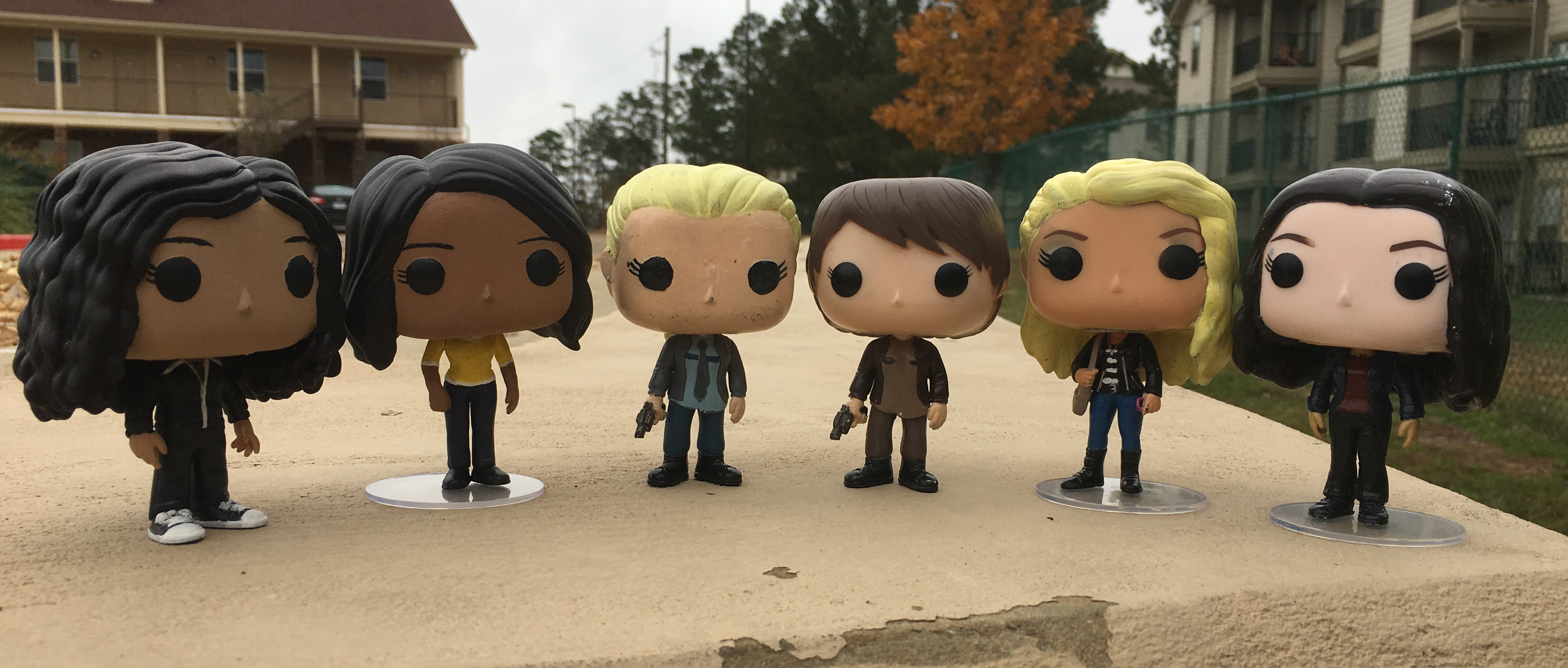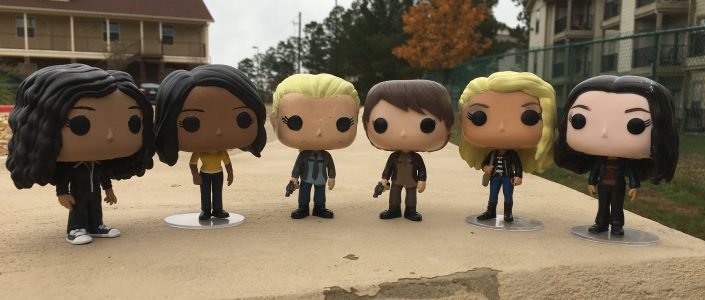What does Wayward mean to me?
Ever since I heard that word, heard of the Wayward Daughters, of the Wayward AF movement, this question has been swimming in my mind.
At its core, “wayward” means unpredictable. Different. As Kim says, “off the beaten path.”
To me, it means embracing myself, all of myself, and knowing my own value in this world, and not the value assigned to me by others.
“I know my value. Anyone else’s opinion doesn’t really matter.” -Agent Margaret Carter
We live in a world where value (monetary, social, or otherwise) is often given to us based on what box we tick on a checklist, whether it’s age, gender identity, race, ethnicity, country of origin, sexual orientation, disability, socioeconomic status, body type, beauty standards, etc. What happens with that is we get so caught up in what the world and society thinks we’re worth, that we neglect to think about what we think we’re worth.
Media plays a role in this.
I can count on one hand how many strong female characters I connected with as a kid and in my teen years…and would still have fingers left over. Many times on TV and in movies, if a girl was “pretty,” she was a damsel in distress or a victim or a love interest. If a woman was “middle aged,” she was a mom or in a caregiver role. You’d see some female characters crop up that were “badass” (like Ripley in the “Alien” movies, or Xena: Warrior Princess, or Buffy the Vampire Slayer) but they were not the norm. Comics were even worse, with the big strong superhero saving the girl or the girls being drawn in these ridiculously tight outfits and contorted in impossible positions (and yes, there are exceptions to this, but like I said, not the norm).
Don’t even get me started on Barbie.
And like it or not, we internalize these images and concepts, and subconsciously. If we’re not this perfect image of what society has decided a woman should be, there’s something wrong with us. If we talk too loudly in a room, or dress outside of the norm, or express ourselves in any way inconsistent with what’s expected of us, there’s something wrong with us. If we don’t want the white picket fence, a husband, 2.5 kids and a minivan, there’s something wrong with us. If we do want that, there’s something wrong with us. If we do want that and just not the husband part, there’s something wrong with us.
No.
There’s nothing wrong with you. There is nothing wrong with being loud, being passionate, being heard. There’s nothing wrong with self-expression or self-worth. There’s nothing wrong with having aspirations and goals and working towards them. There’s nothing wrong with loving who you love.
There is nothing wrong with you.
And that’s where the Wayward movement comes in for me.
What I appreciate most about it is that, at its heart, it’s about empowerment and inclusivity. It’s about showing people that we are a force to be reckoned with and that we, both individually and en masse, are capable of more than we realize, that we have a voice. It’s about embracing ourselves as we are and where we are in our lives. It’s about making changes for ourselves, not for others or to fill some role expected of us. It’s also about accepting and learning from failure, that we shouldn’t expect to be perfect 100% of the time and that we can fuck up sometimes.
Wayward is also about inclusion. It’s about welcoming all and giving them a home. Regardless of what box you tick on the world’s checklist.
You have a home here. You have a family here.
Wayward Sisters is, like the Wayward movement, about inclusion as well. This show has the opportunity to expand the scope of the Supernatural universe, to tell more diverse stories, to include more worldviews and perspectives, to embrace honest characterization and representation. The core of WS is still the same as Supernatural: family don’t end with blood. We’re just including some new family members.
It’s my wish that WS, these characters, and the women behind them are given the chance to show others the power in embracing your self-worth and empower others with strong and honest representation and teach them that it’s okay to fall down as long as you don’t stay down.
We’re not going to be happy with it 100% of the time. No one is happy with a show 100% of the time. We can be angry. We can dislike parts of it and love other parts. We’re entitled to our opinions and our feelings.
All anyone is asking for is a chance.


Beautifully put! I couldn’t agree more.